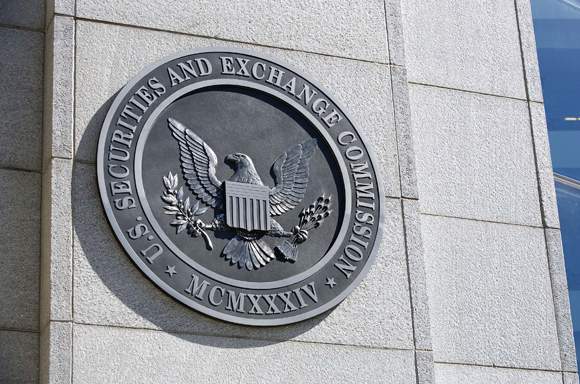Establishing a self-regulatory organization for investment advisers is one of three options the Securities and Exchange Commission offered to Congress as a way to strengthen oversight of financial advice.
In a report sent Wednesday night to House and Senate committees with jurisdiction over the agency, the SEC recommended that Congress take one of three steps: authorize the commission to impose user fees on advisers to bolster its examination and enforcement efforts; allow the commission to designate one or more adviser SROs; or grant the Financial Industry Regulatory Authority Inc. the power to examine broker dealers who are dually registered as investment advisers.
(Read the full report here.)
The lack of a clear call for an SRO upset one commissioner, Elisse Walter, enough that she issued a clarification of her position even though she signed off on the study.
Congress would have to pass legislation approving an SRO before one could be set up.
The SEC staff report, mandated by the Dodd-Frank financial reform law, illustrated that the number and frequency of adviser examinations by the Office of Compliance Inspection and Examination has declined over the last six years. In 2010, for example, OCIE reviewed 9% of the 11,888 investment advisers registered with the agency.
That exam rate could decline over the next several years because the number of advisers and their assets under management likely will outpace the growth of OCIE staff, according to the report. Even though about 3,350 advisers with AUM between $25 million and $100 million will be shifted from SEC to state regulation under Dodd-Frank, the agency will become responsible for the more complex task of monitoring advisers to hedge funds and private equity funds.
(Watch INTV for more viewpoints on the fiduciary standard and an SRO for advisers.)
“The (SEC) staff believes that the commission likely will not have sufficient capacity in the near or long term to conduct effective examinations of registered investment advisers with adequate frequency,” the report states.
For Ms. Walter, that conclusion cries out for an SRO.
“Although I voted to release the study, for the first time in my tenure as a commissioner, I feel that it is necessary for me to write separately in order to clarify and emphasize certain facts, and ensure that Congress knows that the current resource problem is severe, that the problem will only be worse in the future, and that a solution is needed now."
(Read the commissioner's full letter here.)
Finra examines 55.5% of broker dealers annually. OCIE would have to add 2,000 staff to match that output, Ms. Walter asserted..
“It is an understatement to say that these increases would be difficult to achieve, even if the funding authorized under the Dodd-Frank Act were ultimately appropriated,” Ms. Walter wrote.
SEC funding problems have been exacerbated under a continuing resolution approved by Congress that is in place until March 4. The measure requires all federal agencies to operate at last year's funding levels until Congress passes a new budget. The impasse has denied the SEC an 18% increase in funding for fiscal year 2011 called for by Dodd-Frank.
Ms. Walter stressed that an SRO would bring more resources to bear on adviser oversight and ensure more frequent examinations.
The "SRO option has significant and long-term benefits to investors and the commission, and I am on record supporting it – although I do not believe that there has to be a single SRO or that it has to be Finra,” wrote Ms. Walter, a former Finra official.
Adviser organizations stridently oppose designating Finra as the SRO. They argue that Finra is poorly suited to monitor advisers, who must meet a fiduciary standard of care. Finra enforces the less stringent suitability standard on broker dealers, who are required to sell investment products that meet a client's needs, timeline and risk appetite.
Finra supports an SRO for advisers and has hinted that it is well positioned to take on the role.
“The SEC has thoughtfully evaluated the need for additional oversight of investment advisers and has rightly concluded that having the ability to leverage SRO resources could be advantageous to assisting the Commission,” the organization said in a statement Wednesday night. “As we have consistently stated, customers of investment advisers would benefit from the additional protection afforded by SRO oversight. Investors deserve the same level of protection regardless of whether they are dealing with a broker or investment adviser.”







